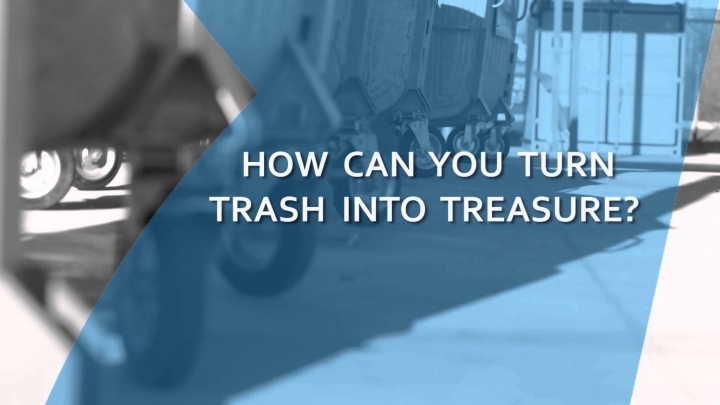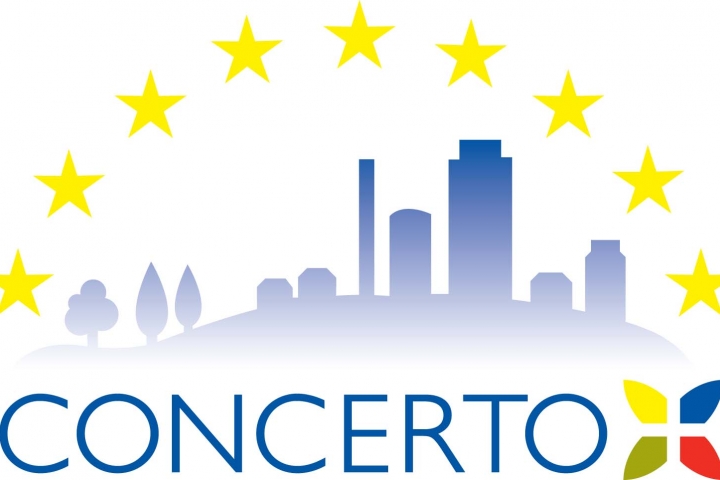Two new manuals to help Albania and Kosovo's energy transition
In the RenovAID project, which began last year, Energiaklub’s aim and task is to support two countries aspiring to join the European Union—Albania and Kosovo—in the energy transition: to achieve an improvement in the energy efficiency of their buildings through the development of their energy policies and the formulation of effective, action-oriented recommendations.
The key pillars include compliance with European expectations, the improvement of the energy certification system, and the establishment of a one-stop advisory service (OSS) to support building renovation. So far, the project has completed an assessment of the energy efficiency framework in Albania and Kosovo, which found that outdated infrastructure, energy poverty, and weak regulatory frameworks are the main barriers to energy efficiency renovations. Improving energy efficiency requires strengthened financial support, regulatory reforms, and raising public awareness.
In connection with this, an analysis of the regulations and practices related to energy performance certificates in Kosovo and Albania has been completed, structured around seven topics, and the relevant expectations of the European Union were mapped along with the collection of relevant European best practices:
-
When and for whom are energy performance certificates mandatory?
-
Structure, content, and design of energy performance certificates
-
Modernization recommendations, renovation passport
-
National database of energy performance certificates
-
Energy certifiers
-
Inspection of energy performance certificates, enforcement of energy efficiency regulations
-
Practice and affordability of one-stop advisory services
 To formulate the recommendations, we collected several European best practices, which included both proposals from European Union projects and outstanding national examples. Among them were Irish, Austrian, and Hungarian examples, as well as findings from the QualDeEPC, Crosscert, and IBroad projects. The QualDeEPC project was carried out by Energiaklub and the Budapest University of Technology and Economics in cooperation with Swedish, Greek, German, Bulgarian, Spanish, Belgian, and Latvian experts. Its lessons were incorporated into several elements of the improved Hungarian energy performance certificate system introduced in 2023. Another exemplary Hungarian practice was a statistical survey estimating the energy demand of the Hungarian residential building stock, based on a 1,500-sample survey conducted through the collaboration of the Hungarian Central Statistical Office (KSH), Eltinga, and the Budapest University of Technology and Economics (BME).
To formulate the recommendations, we collected several European best practices, which included both proposals from European Union projects and outstanding national examples. Among them were Irish, Austrian, and Hungarian examples, as well as findings from the QualDeEPC, Crosscert, and IBroad projects. The QualDeEPC project was carried out by Energiaklub and the Budapest University of Technology and Economics in cooperation with Swedish, Greek, German, Bulgarian, Spanish, Belgian, and Latvian experts. Its lessons were incorporated into several elements of the improved Hungarian energy performance certificate system introduced in 2023. Another exemplary Hungarian practice was a statistical survey estimating the energy demand of the Hungarian residential building stock, based on a 1,500-sample survey conducted through the collaboration of the Hungarian Central Statistical Office (KSH), Eltinga, and the Budapest University of Technology and Economics (BME).
Based on EU expectations and exemplary European practices, we formulated the following recommendations for the development of the energy performance certificate system:
-
Make energy performance certificates mandatory for property sales and rentals, including the indication of kWh/m²/year and CO₂ emissions data, with a scale ranging from A to G
-
Certificates should include detailed renovation recommendations, both for cost-optimal and nearly zero-energy levels
-
Define minimum energy performance requirements for new buildings as well as for major renovations
-
Conduct a nationwide survey to identify the 15% of the building stock with the best and worst energy performance
-
Establish a national certificate database accessible to experts and financial institutions, linked to the land registry
-
Significantly increase the number of certifying professionals, especially in rural areas; introduce mandatory initial and later regular training for them
-
Expand the capacity of municipalities to inspect certificates and energy renovations
The work supporting Albania and Kosovo continues with the establishment of a one-stop advisory network, complemented by a handbook, targeted training, study visits to Budapest, and a detailed action plan.
In addition to the handbooks, two detailed policy reports have also been published:
-
Barriers and Solutions for Energy Efficiency in the Building Sector of Albania and Kosovo—An overview of the current state of energy efficiency and the necessary measures to improve it
-
Steering Energy Performance Certification Towards EU Standards—A Comparative Analysis of Albania, Kosovo and the EU





